イメージギャラリーです。 25 amazing ancient beasts
Artistic Views of Ancient Beasts
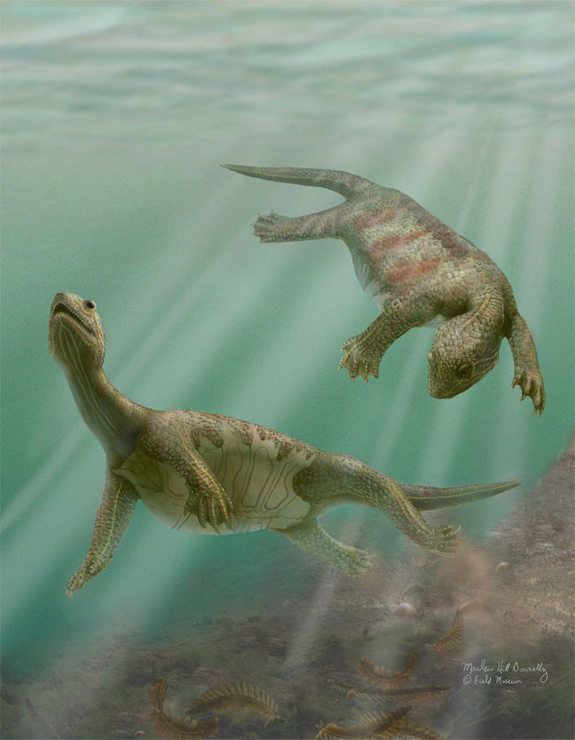
科学者が化石を掘り起こすことによって見つかる奇妙な生物には終わりがないように思われます。
ディノ・ターキー
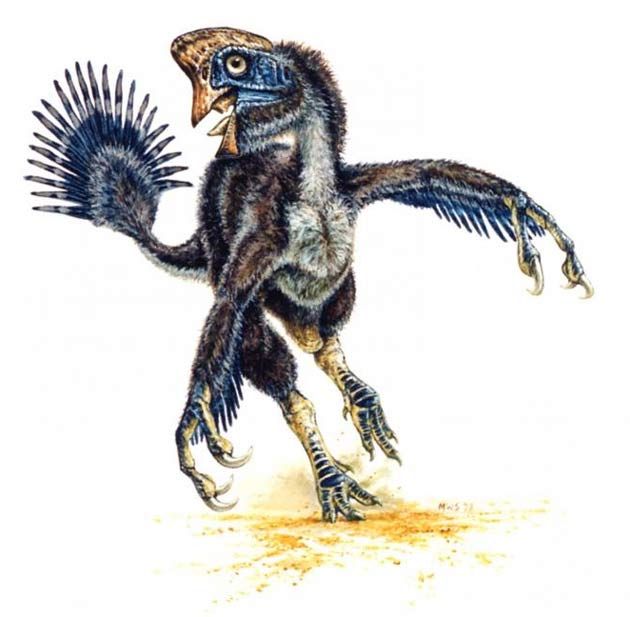
アーティスト Michael Skrepnick によるこの肉付けされたレンダリングは、ハグリフスと呼ばれる恐竜がどんな姿をしていたかを最もよく表現しています。
プレシオサウルス
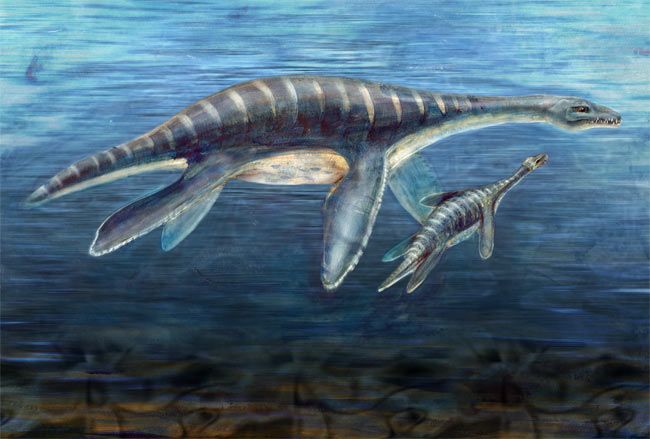
南極で見つかったプレシオサウルスという古代の海洋爬虫類はどのように見えていたのかを明らかにしたアーティストズレンダリングです。 また、「Journal of Vertebrate Paleontology」に掲載されたプレシオサウルスは、同種ではありませんが、4つのヒレと長い首を持っていました。 この爬虫類の骨に埋まっていたサメの歯を分析したところ、この爬虫類が死んだ後、一種の摂食の狂乱状態にあったことが示唆された。
恐竜アエロスティオン
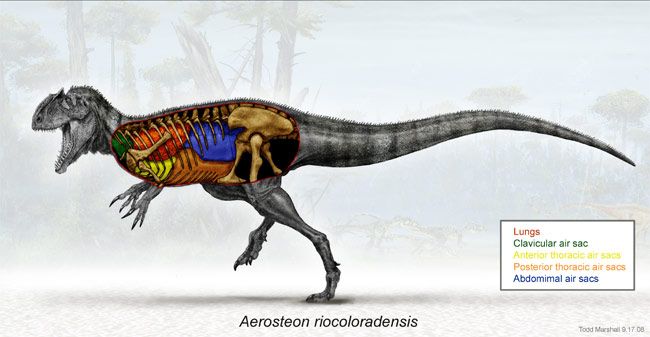
この肉食動物アエロステオンのレンダリング画像は、約8500万年前の生前の肺(赤)と気嚢(他の色)を示しています。 This huge carnivorous dinosaur that lived about 85 million years ago had a breathing system much like that of today s birds, a new analysis of fossils reveals, reinforcing the evolutionary link between dinos and modern birds.
Megapiranha
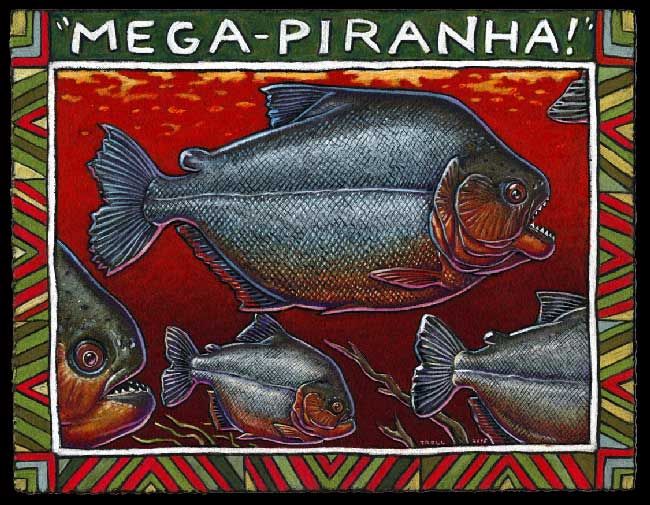
An artist s rendering of Megapiranha paranensis, a 3-foot-long ancestor of the modern piranha.
Camarasaurus
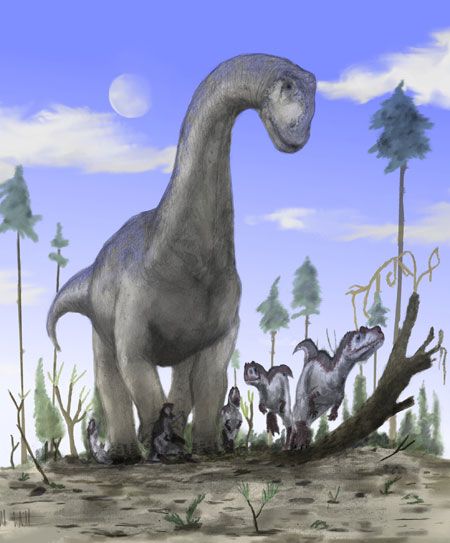
An artist impression of a camarasaurus, an extinct sauropod dinosaur thought to have lived 100 million years ago in what is now the Sahara Desert.
Mammoth
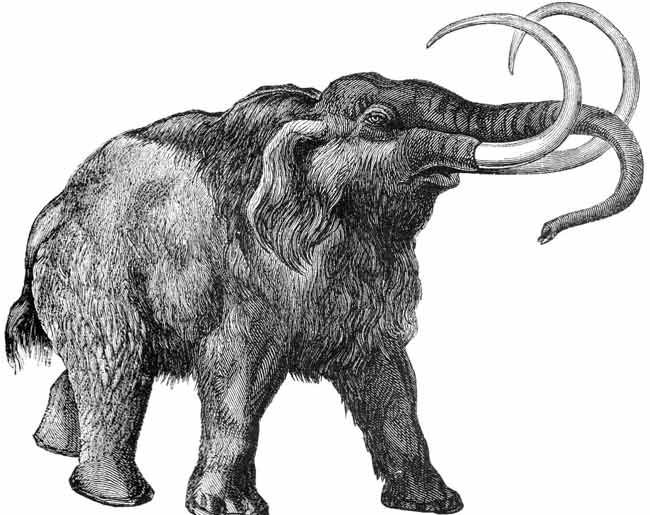
Drawing of a woolly mammoth. これらの獣は、マストドンより大きく、まっすぐというより曲がった牙を持っていました。 ほとんどは、1万年前に死にました。
Dunkleosteus terrelli
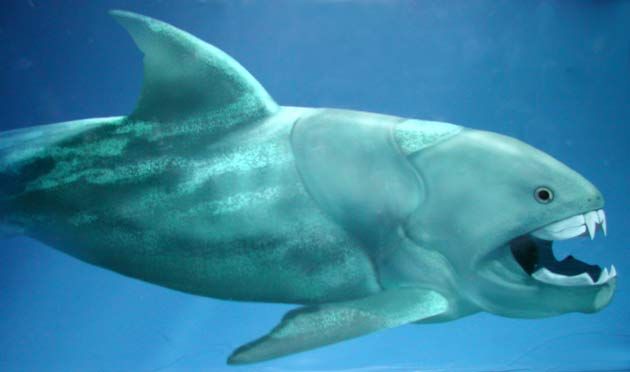
この先史時代の魚、Dunkleosteus terrelliは大きくて、卑しく、鮫に2回噛みつくこともできました。 科学者たちは、Dunkleosteus terrelliは “最初の獣の王 “であったかもしれないと述べています。 先史時代の魚は、体長33フィート、体重4トンにもなった。 この生物は4億年前に生きていた。 フィールド博物館の「進化する惑星」展に展示されているカレン・カーの作品。
モンスタークジラ
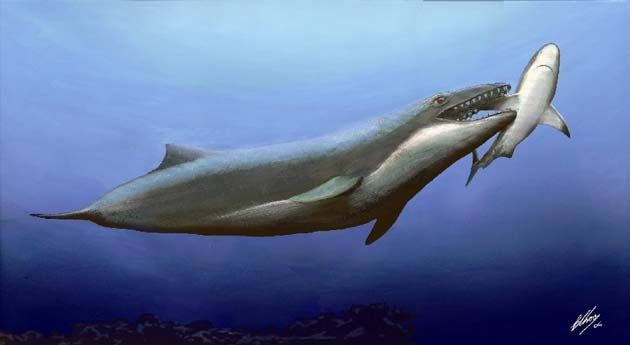
この古代クジラ、2500万年に絶滅しましたが、科学者は凶暴な狩人だったと推測しています。 そのため、このクジラは、ヒゲクジラの祖先である可能性が高いのですが、巨大な歯と大きな目を持っていたため、狩りに適していたと考えられています。
巨大な動物
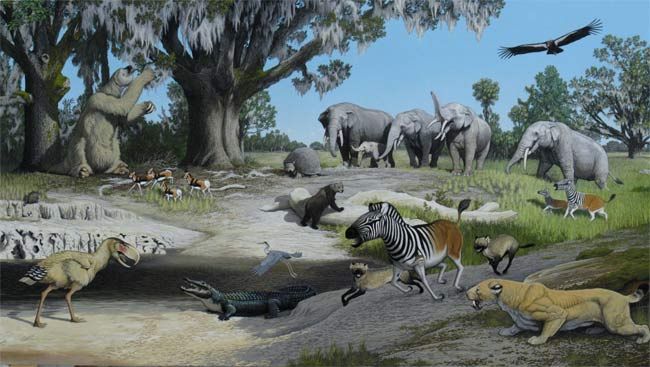
身長1mの先史時代の鳥で、鼻がモンスター級に大きく、南米から北米にやってきたことが、2大陸をつなぐ陸橋ができるずっと前に、新しい研究によって明らかにされたのです。 そのため、この鳥は、現在のパナマ地峡を形成するようになった島々を経由して、北米に到達した可能性が高いのです。 約200万年前のフロリダ州北部の様子。 左下に恐怖の鳥が描かれている。
Giant Snake
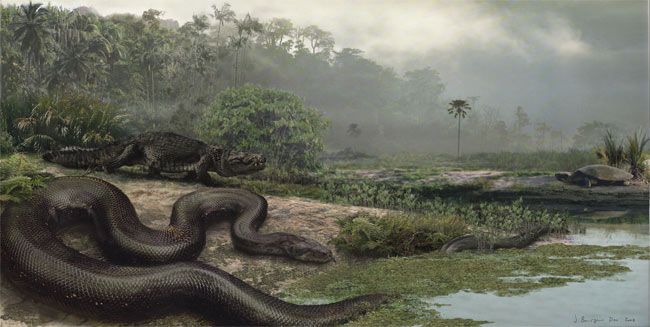
The extinct giant snake (shown in an artist s reconstruction) would have sent even Hollywood s anacondas slithering away. Researchers conservatively estimate the snake weighed about 2,500 pounds (1,140 kg) and measured nearly 43 feet (13 meters) from nose to tail tip. It was a type of non-venomous constrictor like anacondas and boas and lived in South America s rainforests some 60 million years ago.
Recent news